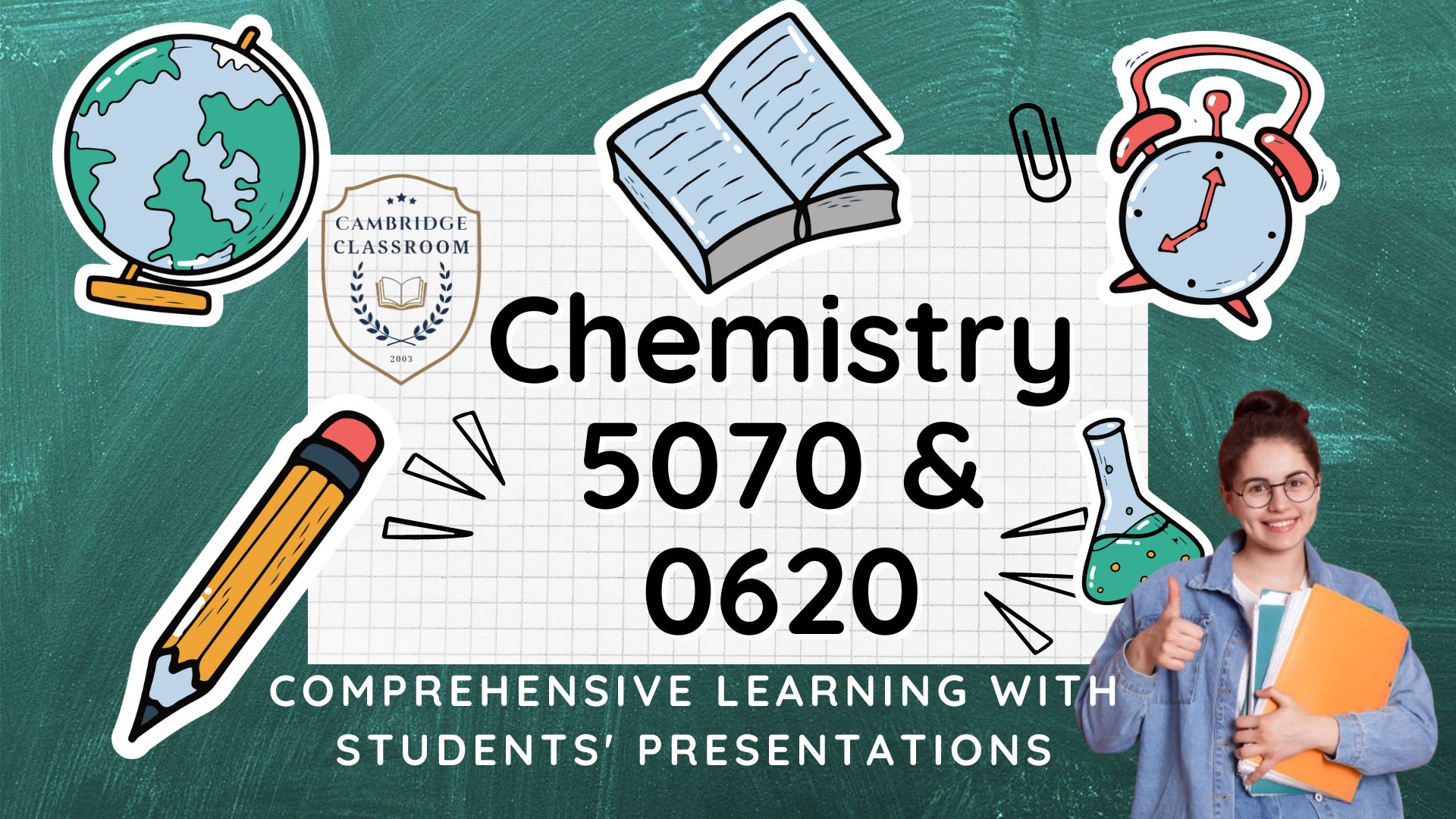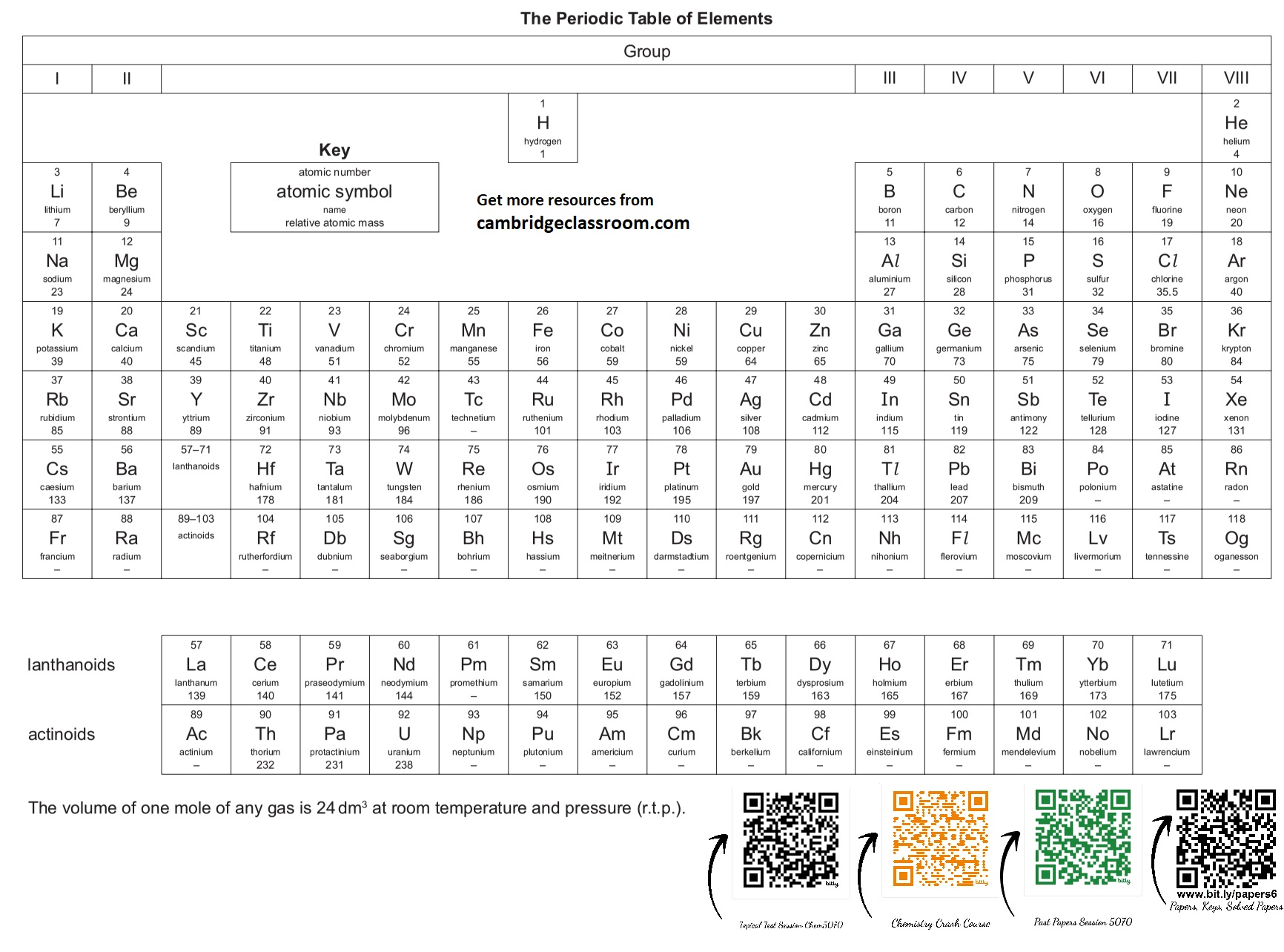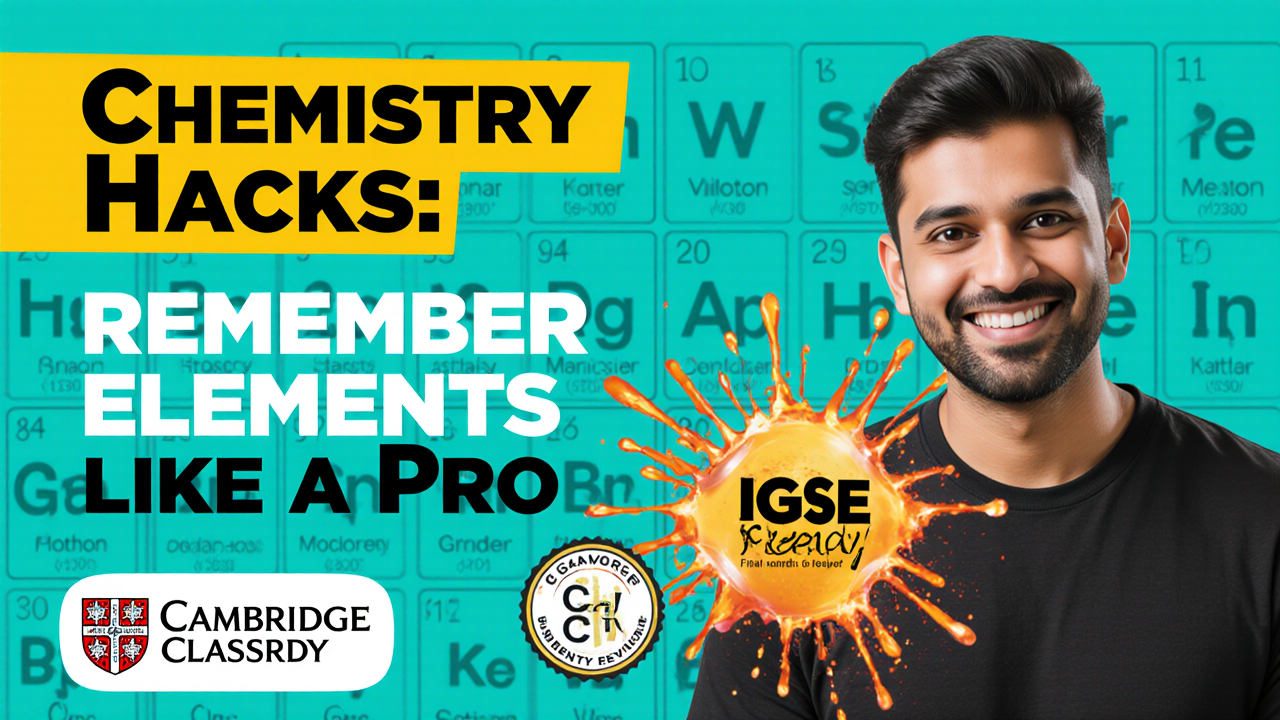Securing an A* in CAIE exams requires strategy, discipline, and smart preparation. Here’s your roadmap to success for May/June 2025, whether you’re tackling O Level, IGCSE, or A Level subjects like Chemistry, Physics, or Mathematics.
1. Master the Syllabus Inside Out
Why It Matters:
The CAIE syllabus is your blueprint. Every exam question is derived from it.
Download the Syllabus: For your subject (e.g., O Level Chemistry 5070).
Create a Checklist: Tick off topics as you master them.
Focus on Weightage: Prioritize high-mark topics (e.g., stoichiometry, organic chemistry, or electrolysis).
2. Adopt Active Learning Techniques
Passive reading won’t cut it. Use evidence-based methods:
Blurting Method: Write down everything you remember about a topic, then fill gaps.
Flashcards: For definitions, formulas, and solubility rules (try Anki or Quizlet).
Teach Others: Explain concepts to friends or family to solidify understanding.
3. Time Management & Study Schedule
Sample Schedule for 2025 Prep:
Months 1-3 (Now – Dec 2024): Cover the entire syllabus.
Jan-Mar 2025: Revise + solve past papers (2019–2024).
Apr-May 2025: Mock exams and weak-topic revision.
Daily Routine:
2 hours of focused study (Pomodoro Technique: 25 mins study + 5 mins break).
Allocate time to toughest subjects first (e.g., Maths problem-solving).
4. Past Papers: Your Secret Weapon
Why Past Papers Work:
CAIE repeats question patterns. For example, O Level Chemistry MCQs often test periodic trends or chemical bonding.
Solve 5+ Years of Papers: Use Cambridge Classroom’s Past Papers Course for guided solutions.
Analyze Mistakes: Keep an error log to avoid repeating them.
Time Yourself: Mimic exam conditions to improve speed.
5. Subject-Specific Tips for A*
For Sciences (Chemistry, Physics, Biology):
Master Practicals: Understand experiments like titration or circuit-building.
Math Integration: Practice calculations (e.g., moles, kinematics).
Diagrams & Graphs: Label clearly and use a ruler.
For Humanities (History, Geography):
Essay Frameworks: Use PEEL (Point, Evidence, Explanation, Link).
Case Studies: Memorize 2-3 detailed examples per topic.
For Maths & Add Maths:
Formula Sheets: Create your own cheat sheet.
Problem-Solving Drills: Focus on past paper questions marked as “challenging.”
6. Leverage Expert Resources
Crash Courses: Join CAIE Chemistry 5070 Crash Course for syllabus shortcuts.
YouTube Channels: Unlock free tutorials (e.g., Science with Hazel or Khan Academy).
Study Groups: Collaborate with peers to tackle tough topics.
7. Exam-Day Strategies
Read Instructions Carefully: Misreading costs marks!
Plan Your Time: Allocate minutes per question (e.g., 1.5 mins per MCQ).
Review Answers: Reserve 10 minutes to check calculations and spelling.
8. Stay Motivated & Healthy
Reward System: Treat yourself after hitting study goals.
Sleep 7-8 Hours: Your brain consolidates memory during sleep.
Exercise & Nutrition: Avoid burnout with walks, hydration, and brain foods (nuts, berries).
Top Resources for 2025
Past Papers: CAIE Official or Cambridge Classroom.
Revision Guides: Cambridge IGCSE Chemistry by Richard Harwood.
Online Tools: SaveMyExams, ZNotes, and Physics & Maths Tutor.
Common Mistakes to Avoid
Procrastination: Start early—cramming rarely works.
Ignoring Weaknesses: Face tough topics head-on.
Rote Memorization: Focus on understanding, not just memorizing.
Final Checklist for A*
✅ Syllabus fully covered.
✅ 5+ years of past papers solved.
✅ Mock exams scored 85%+.
✅ Formulas, definitions, and diagrams memorized.
✅ Healthy study routine established.
Pro Tip: Parents and teachers—use Cambridge Classroom’s courses to give students structured support!
Act Now: The earlier you start, the higher your chances of that A*! 🚀
Need Help? Explore our exam-prep courses or contact us for personalized advice.























